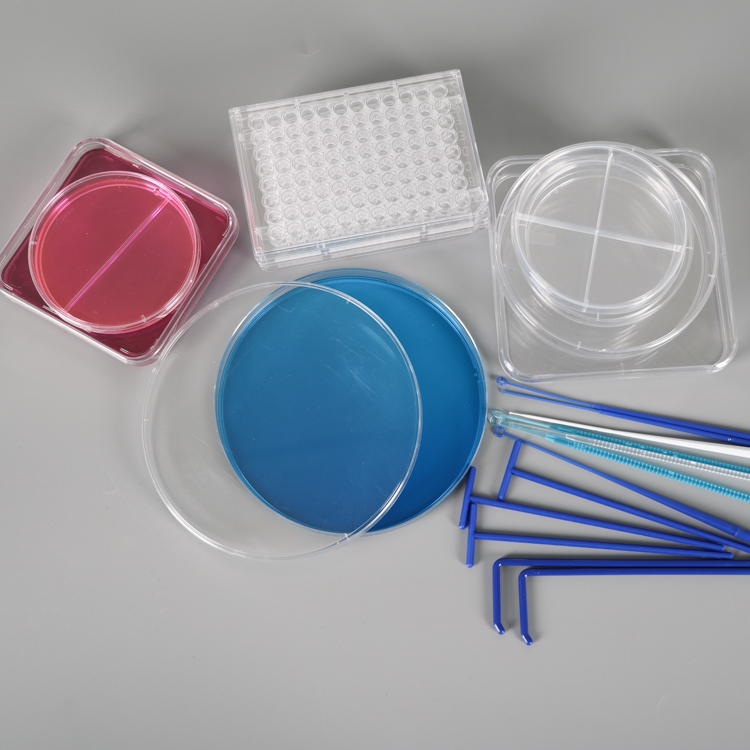UV environmental ink will continue to grow steadily
With the establishment of sound environmental laws and regulations, the market is increasingly demanding environmental protection and sustainable inks. For energy-cured inks, food packaging is the most promising market. The latest Food Exposure Notice (FCN) 722 issued by the US Food and Drug Administration lays the foundation for energy curing into the food packaging field.
From the perspective of environmental protection and sustainable inks, Pila International believes that the fastest growth rate will be UV inks. Its annual compound growth rate will reach about 7% during 2009 to 2014, and the market size will also be From 1.28 billion euros to 2 billion euros. Other areas that can provide printing companies with opportunities include shrink sleeve labels, thermoplastic inks, innovative sheetfed inks, point-of-sale displays, glass and other decorative printed substrates, and printed electronics.
According to the latest survey report from Pira International, the global environmental protection (environmentally friendly) ink market reached US$5.8 billion in 2009 and is expected to reach US$7.2 billion in 2014, with an average compound annual growth rate of 4.5%.
At present, the foundation of environmental protection or sustainable ink may be relatively weak, but it will certainly bring valuable development opportunities to raw material suppliers, equipment manufacturers and ink manufacturers in the future. The printing industry is striving to transform into a sustainable industry. Innovative products with both environmental and economic benefits have emerged in an endless stream. The market for solvent-based and petroleum-based inks has also been gradually replaced by newly developed environmentally friendly products.
Petri Dishes (Stackable & Slippable)
Manufactured from medical-grade virgin polystyrene
Ventilation ribs reduce condensation and allow air circulation
Consistent flatness allows for even media distribution
Flared lid skirt and squared corners for easy one-hand operation, especially with gloves
Stackable Petri Dishes
Recommended for standard microbiology or general laboratory use
Stackable lid design for increased stability
Available in two sizes: 60mm x 15mm and 100mm x 15mm
Automation Petri Dishes (Slippable)
Designed for automated filling and streaking systems
Side Arrows and ISO Mark Target for automation
Available in 100mm x 15mm size
Petri Dishes (Slideable)
Features a partial edge ring on base which allows a single dish to be slid from a large stack and enhances stability when stacked
Petri Dishes (Non-treated Cell Culture Dishes)
Stronger, heavier construction
Surface is hydrophobic and does not facilitate cell attachment
Available in four diameters: 35, 60, 100 and 150mm
150mm x 15mm Petri Dish now available
35mm dish has off-set bottom for improved handling
60 & 100mm dish features a grip ring on the base
Lids contain molded spacers for gas exchange
Stackable lid design for increased stability
Packaged sterile (gamma irradiated)

Cell Dish,Inoculating Loops,Culture Plate,Pasteur Pipette,Cell Culture Dish
Yong Yue Medical Technology(Kunshan) Co.,Ltd , https://www.yonyue-pcrtube.com